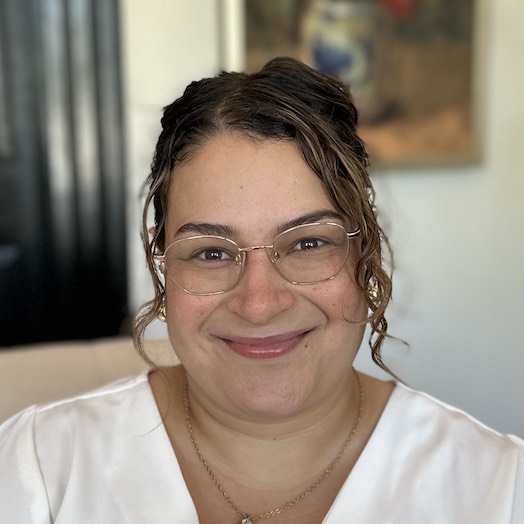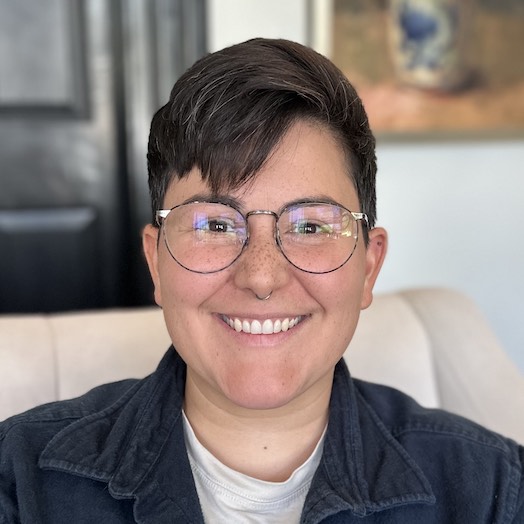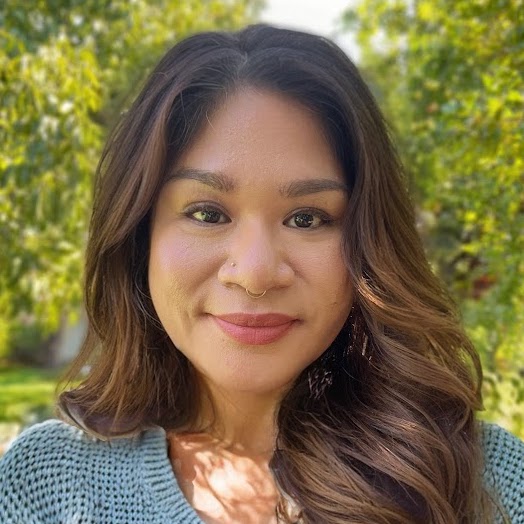
I was listening to a TED Talk a few months ago about decision-making. With the heaps of information and options available to us on a day-to-day basis, we can get paralyzed by indecisiveness as we look to make the “perfect” or “right” decision.
Aziz Ansari shares often about what a problem this can be for everything from small decisions (which toothbrush to buy, what restaurant to get tacos) to big decisions (who should I commit to for the rest of my life).
Ruth Chang on the TED Talk argues that it is literally impossible to make a right/wrong decision because once the decision is made, we have no idea how the other options would have worked out.
Every decision has consequences, good and bad. The longer we get stuck in indecisiveness, the less life we are actually living.
I noticed myself getting stuck in decision making recently while looking for a hotel to stay at for an upcoming anniversary trip. Comparing prices, reading hundreds of reviews on Trip Advisor and Yelp, looking at the thousands of pictures available of the properties and rooms. I literally felt frozen and could not handle making a decision—I had already spent an embarrassing amount of time doing research. Time that I could have put to much better use.
“You seem pretty fixated on finding the perfect place,” my husband pointed out. He helped me snap out of my paralysis and recognize my own role in the situation.
I took the following steps inspired by Chang’s TED Talk:
-Recognize there are no “perfect” choices.
-Choose the “good enough” option (don’t let yourself think about it for more than a few minutes) that fits most of your priorities.
-Commit to the choice by telling yourself a story about why this choice is the best for you.
In my situation it looked like this:
-I had our choices narrowed to 3 hotels of similar ratings.
-I acknowledged that there are advantages to each choice and I couldn’t have everything I was looking for in one spot.
-I stopped dwelling and made a choice. I stopped thinking about what I’d miss at the other options, but instead told myself this story:
“I love historic spots, and this location is an historic landmark with a great story. The twinkle lights outside the hotel will great us the night we arrive and the room, while small, will feel like staying at a friendly bed and breakfast. We’ll love listening to live music in the lounge and we’ll be close to restaurants. We won’t be able to see the beach from our room, but we’re still in walking distance and the money we save will let us splurge a little while eating out. This is the best decision for me.”
Even re-writing my thoughts just now got me excited about my decision. And the thing is—I could write a little story like this for EACH hotel option.
MOST of the time the decisions we get stuck on are like this; there aren’t really bad options and it’s okay to just commit. This trick can work on comparable conundrums (like the age-old “where should we get dinner tonight?”) or more complex decisions (what job should I take?).
























